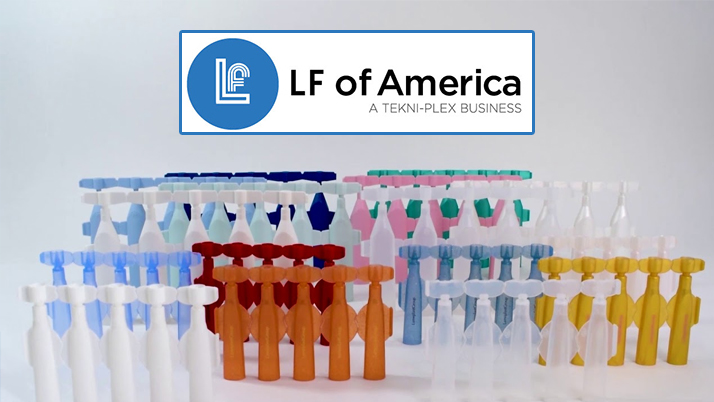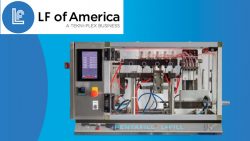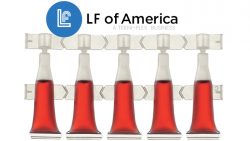
Whether you are an entrepreneur with a new product idea, your current volume doesn’t justify a large capital expenditure, or you just don’t want to deal with the hassles of running a manufacturing plant, you are like many others trying to find a contract manufacturer that can be reliable. How do you know which one is right for you? Below I will briefly explain important things to consider and steps to take so that you will be happy with your decision for Contract Packaging for Liquids.
A: Define your packaging and project needs.
Consider this: Most contract packagers are highly specialized in the packaging and products they can run efficiently through their lines. Someone that is good at filling unit dose packaging
bellow bottles, wand tubes, enema containers, bottles with droppers, dual chamber bottles, vaginal use, and multi-layer technology with efficiency. A company that specializes in cosmetics and pharmaceutical use manufacturing will be able to handle a differing sanitary guidelines, with a CDC approved cleanroom and highly specialized equipment needed. A midsized co-packer may be a good fit for 10,000-500,000 units each month, but above or below that they aren’t competitive. Which region of the country is best? In short, define the qualities and capabilities that a manufacturer will need, in order to be a good fit for your particular project. Along with experience, equipment, packaging, size, and location, it’s also important to consider financial strength, communication, standards and controls, quality, years in business, ethics, and any conflicts of interest.
B: Pre-qualify a few manufacturers.
You should be able to locate a few manufacturers that fit your needs. This is best accomplished using the following resources:
- Trade Associations-Contract Packaging Association
- Trade Shows-Supply Side, pack-expo
- Manufacturing Directories
- Referrals-Referrals are great!
You can pre-qualify each contract packager by visiting their website, making a phone call, and asking any of their current clients what they do best. They may say they can run your project in an attempt to grow their business, even though your project isn’t really a good fit.
C: Gather Information
At this point, you should have no fewer than three potential manufacturers and no more than six. It’s now time to gather all the information you can. Send out samples of your product or find out about the manufacturer’s ability to formulate. Do they employ experienced chemist? Dig deeper on capabilities, turnkey opportunities, inventory control systems, licenses, automation, Quality Assurance and control, in-house testing capabilities, and reputation. Request a quotation for the project. Ask about similar existing projects or their top five clients. Is the business stable and going to be around? What are their warranties and are they insured? Who regulates their operation? What kind of terms can they provide? Do they have systems in place (GMP, ISO, HACCP..?) When are these reviewed? What are lead times and who is responsible for a smooth-running operation? In all reality, a contract packager should run and act as an extension of your business. With answers to these questions and others, you should be able to narrow the field of contenders to just a few.
D: Visit the Facility
A visit to the facility is important for many reasons. Meet the management team, food chemists, engineers, and planners to get a feel for the kind of people they are. These people are doing the work, and having the right people is vital. I personally think a manufacturer will take you more seriously and be more responsive if they meet you in person. Look for order, cleanliness, and observe general working conditions. Do their facility and personnel represent your business well? Are they all they claim to be?
E: Final Evaluation
It’s now time to make a decision. You have gathered tons of important information to aid you, and after narrowing down the candidates, and visiting them, you probably already know who to choose. Review quality standards, capacity, capabilities, pricing, equipment lists, and impressions. Recognize that low cost means nothing if they can’t meet your requirements. Start with a small sample or pilot run. Work as closely with the co-packer as you would an internal manufacturer on package design, procurement of materials, and every detail. Make sure that the contract packager understands clearly what you want to have done. Be very specific in documenting the scope of work and quality parameters.
If you’re searching for an experienced co-packer in filling cosmetics, medicine, veterinarians use, CBD products, we may be able to help. Visit us at https://www.lfofamerica.com/ to find out more about How do you know which one is right for you? Below I will briefly explain important things to consider and steps to take so that you will be happy with your decision for Contract Packaging for Liquids.
Contract Packaging for Liquids
Call LF of America to find about more about our contract packaging services. 561-988-0303





